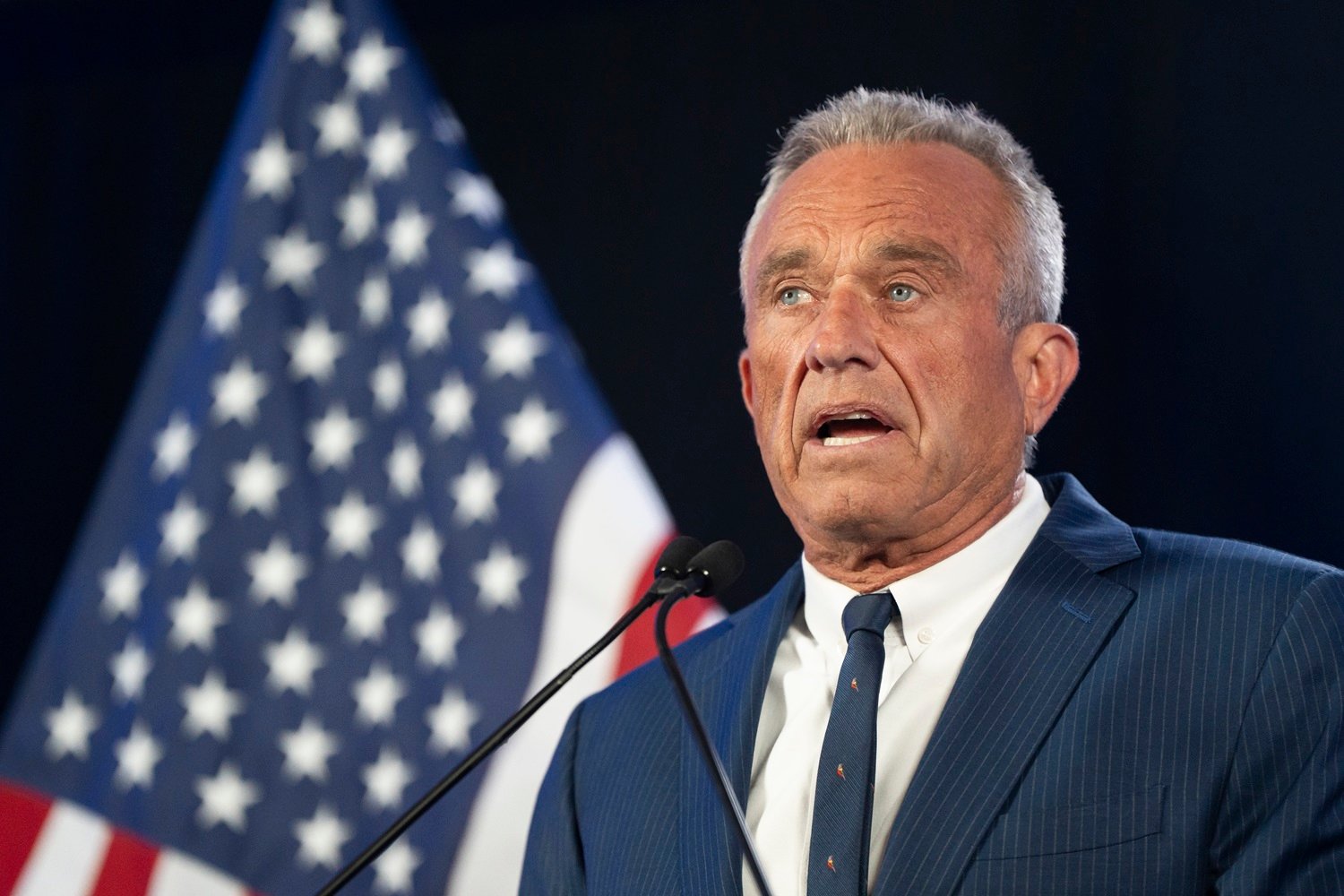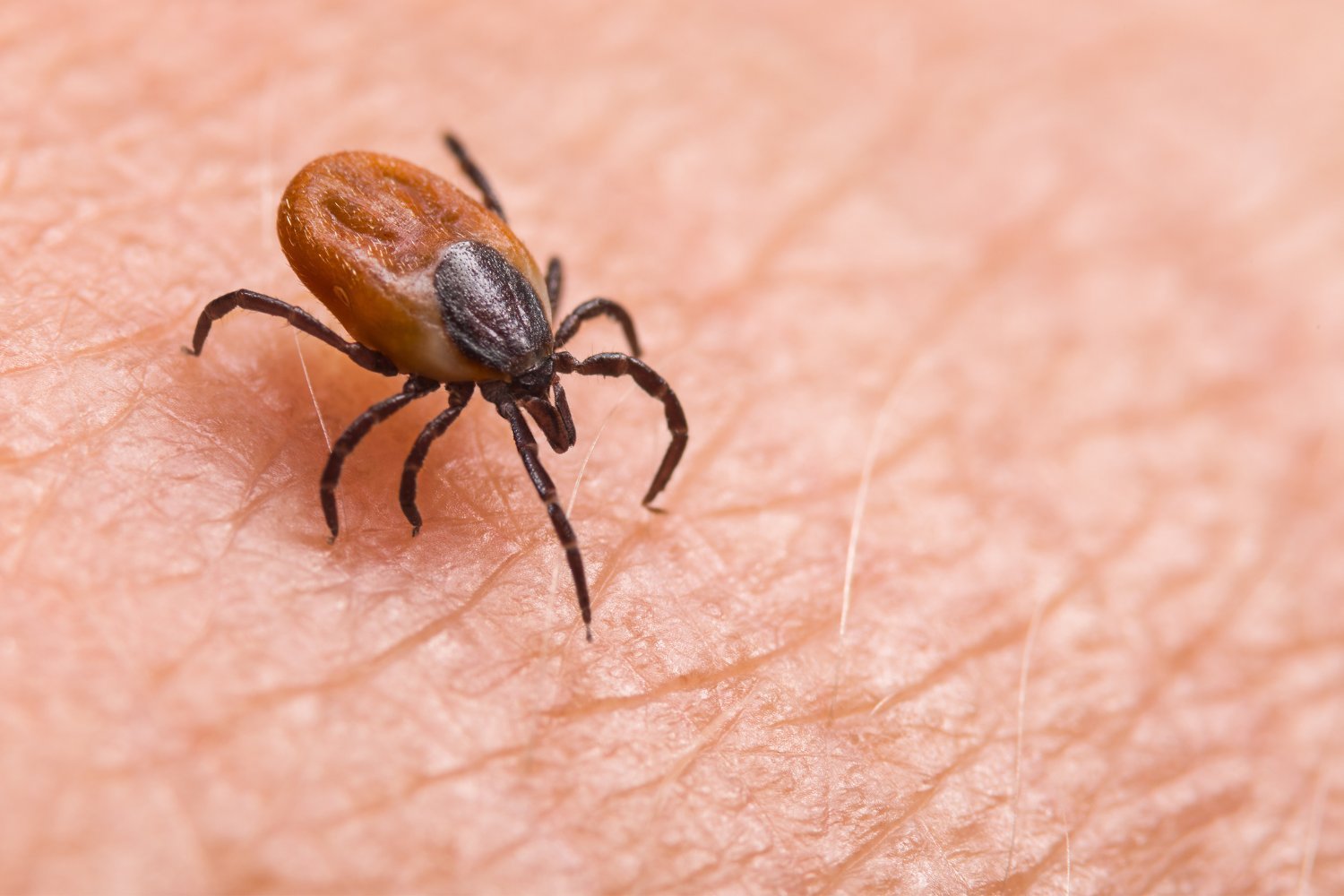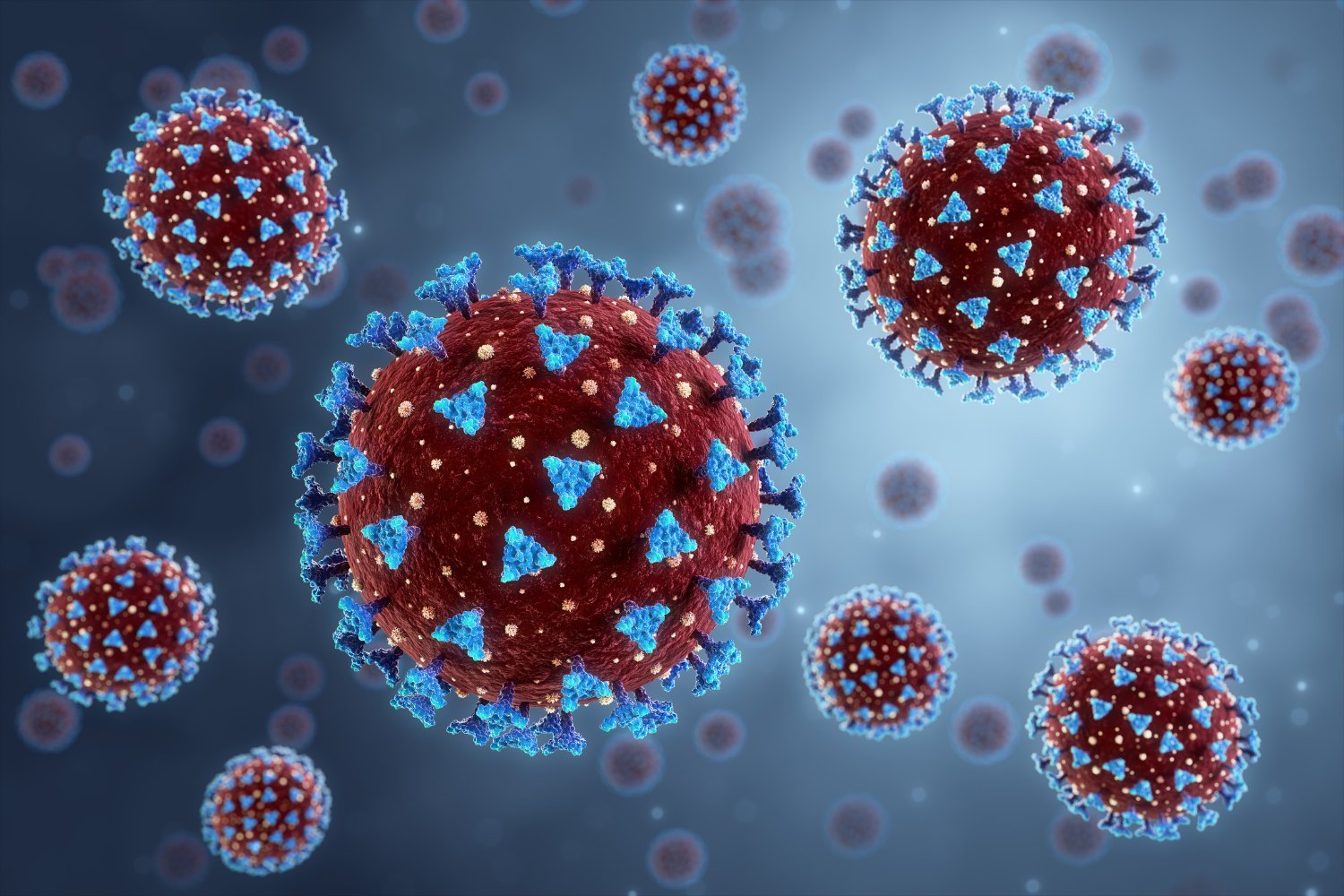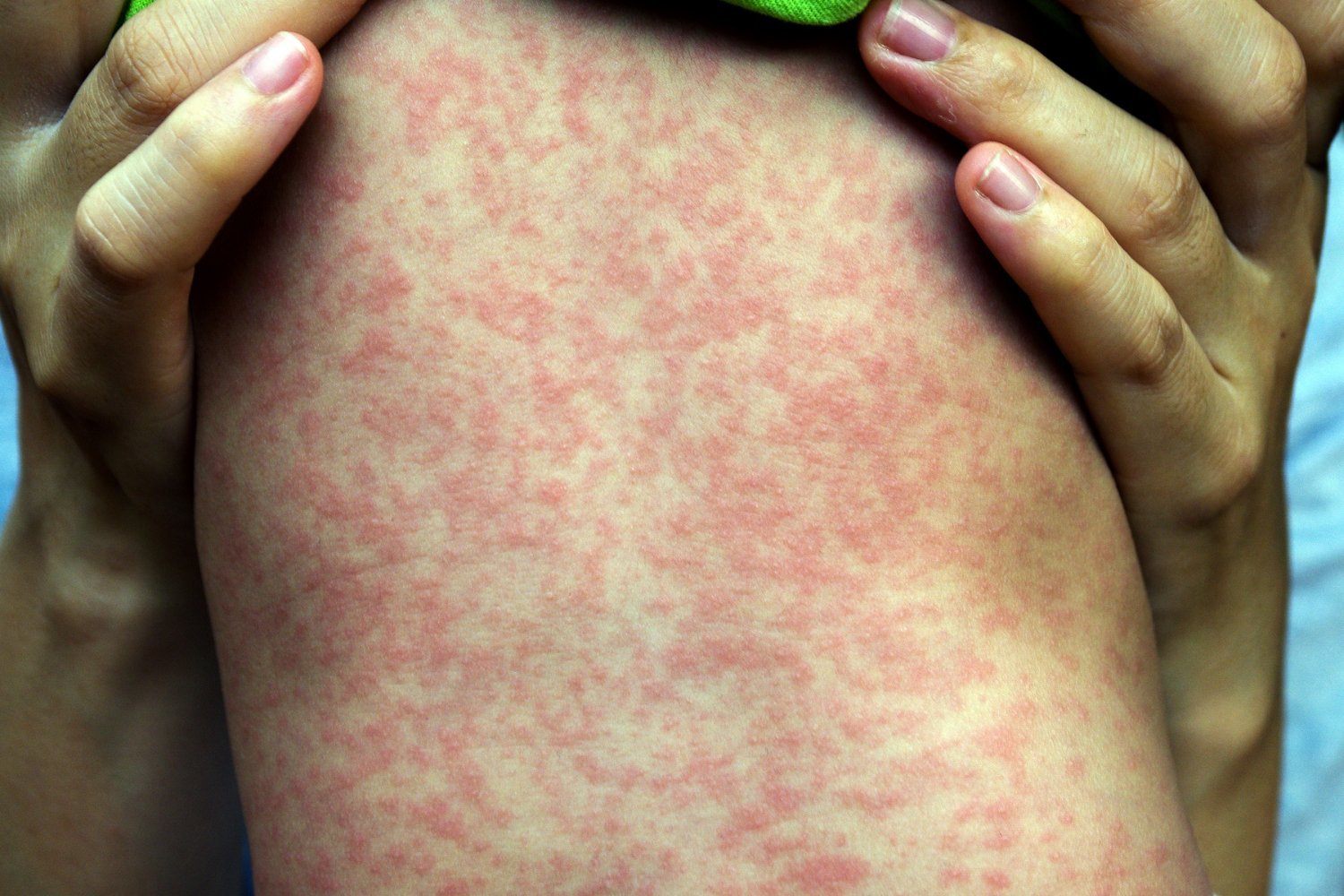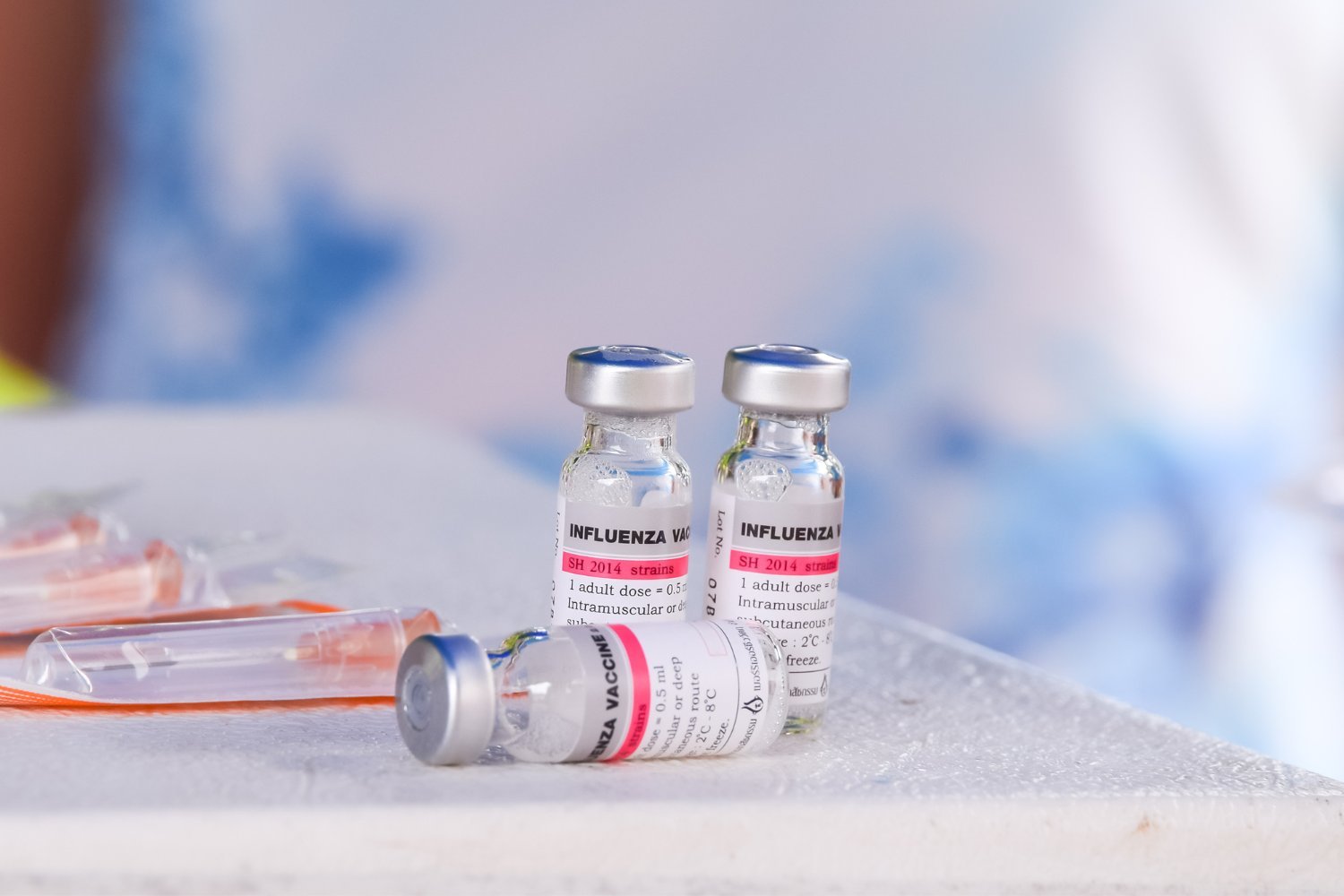Robert F. Kennedy Jr., the newly appointed director of the Department of Health and Human Services (HHS), has announced the formation of a commission to examine the childhood vaccine schedule. This move has sparked concern, despite previous assurances that he wouldn’t alter existing recommendations.
During his welcoming ceremony as HHS secretary, Kennedy stated the commission would investigate the childhood vaccine schedule’s potential link to the rise of chronic diseases in Americans. This declaration seemingly contradicts earlier promises made to Republican lawmakers that he wouldn’t change the current vaccine recommendations established by the Centers for Disease Control and Prevention (CDC). While Kennedy didn’t explicitly confirm changes to the schedule, the commission’s formation suggests this possibility.
Kennedy’s Confirmation and Concerns about his Vaccine Stance
Kennedy’s nomination to HHS faced scrutiny due to his history of supporting the anti-vaccination movement. Senators, including former physician Bill Cassidy, expressed reservations about his suitability for the role. However, Cassidy ultimately provided the tie-breaking vote for Kennedy’s confirmation, citing assurances from both Kennedy and the administration that vaccination’s public health benefits would be protected. Cassidy publicly stated Kennedy’s commitment to upholding the CDC’s Advisory Committee on Immunization Practices (ACIP) recommendations.
The ACIP and Its Role in Vaccine Recommendations
The ACIP comprises external experts and its recommendations significantly influence public vaccination practices. States often mandate ACIP-recommended vaccines, like the MMR vaccine, for school entry. Insurance plans typically cover these vaccines without cost-sharing. The ACIP’s newest members were appointed shortly before the current administration took office. While these members and the ACIP are expected to resist undue influence, there are concerns about potential changes in membership to align with Kennedy’s views.
The “Make America Healthy Again” Commission and Its Scope
Coinciding with Kennedy’s swearing-in, an executive order established the “Make America Healthy Again” commission. This commission aims to lower chronic disease rates and eliminate childhood chronic disease. Kennedy declared the commission would explore “formerly taboo” factors contributing to chronic disease, including the childhood vaccine schedule, electromagnetic radiation, pesticides, ultra-processed foods, antidepressants, and microplastics, stating nothing would be “off-limits.”
Scientific Evidence and Kennedy’s Claims
While some factors, like certain pesticides, have established links to health issues, others, like electromagnetic radiation, have not shown conclusive evidence of harm. Specifically, the claim that current vaccination schedules or receiving multiple vaccines at once cause chronic diseases in children lacks scientific basis.
Kennedy’s Assurances and Past Track Record
Kennedy emphasized the commission’s commitment to scientific rigor, claiming a willingness to subject his past beliefs to unbiased scrutiny. However, his history of misrepresenting scientific evidence on vaccine safety raises doubts about this commitment. His previous work has been refuted by scientists and even retracted.
Conclusion: Concerns Remain Despite Assurances
Kennedy’s creation of a commission to review the childhood vaccine schedule, despite prior assurances, raises valid concerns. His past stance on vaccines and the broad scope of the commission’s investigation warrant careful monitoring. While some of the commission’s targets have legitimate scientific concerns, others, like the vaccine schedule itself, do not. Kennedy’s record of misrepresenting scientific evidence underscores the need for vigilance and critical evaluation of the commission’s findings. The potential for undue influence on the ACIP and vaccine policy remains a significant concern.



